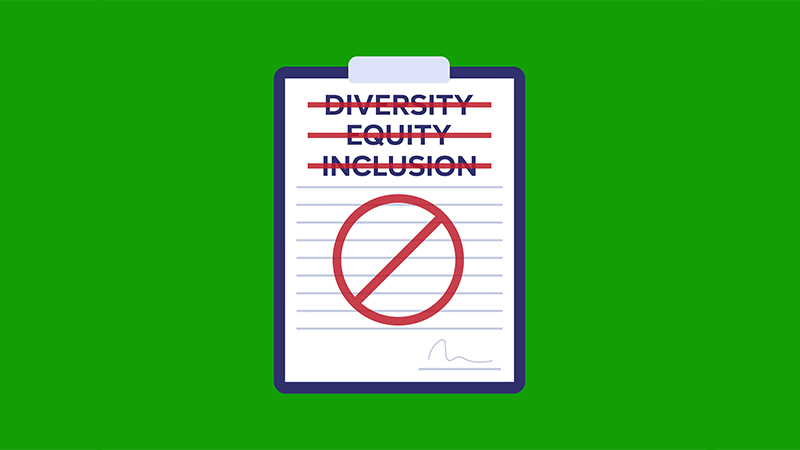With traditional asset classes yielding disappointing returns, many retail investors have started looking at ways to access the private equity market, but gaining exposure remains difficult.
“Private equity is generally a highly illiquid asset, with funds locked away for five years or more,” Andrew Maiden, director of fund services at Intertrust in Guernsey, told Portfolio Adviser’s sister publication International Adviser.
“One of the main reasons for the attraction to private markets is the hunt for returns that are relatively uncorrelated to mainstream asset classes such as equities and bonds,” he says.
According to Joe Moynihan, chief executive of Jersey Finance, the trade body for the financial services industry in the Channel Islands, diversification is one of the main reasons why retail investors are looking for different opportunities.
He says: “Whereas private equity and other asset classes used to be the preserve solely of institutional investors, family offices and wealthy individuals have looked more and more closely at the opportunities such investments offer in terms of capital preservation, returns and diversifying their portfolios.”
Understanding risk
Although the high returns that private equity can deliver are very attractive, retail investors need to be aware of the consequences of entering this space; namely risk, illiquidity and funds being locked for many years.
“Retail investors are increasingly being given access to private markets,” says Charles Russell Speechlys partner Richard Coleman.
“Until recently, this has been the preserve of institutions and ultra-high net worth individuals. Given this greater access and more attractive returns, it is easy to see why private equity is proving so popular.”
But that comes at a cost.
Educate
“Private equity is a sophisticated asset class that can be effective when used properly as part of an overall allocation,” Carillon Tower Advisers president and chairman Cooper Abbott, told IA.
“But retail investors need to consider the quality and pricing of opportunities available to them. They really must be sure they are comfortable with the illiquidity of private equity, which tends to be a major source of long-term return.”
And with the Woodford scandal still looming over the industry, there is a lot of work to do to educate them, Speechlys’ Coleman says.
“It would not be prudent to assume that all retail investors understand the complex structures or risks of investing in private equity.
“One of the key challenges for institutions looking to take retail investors is to ensure that they have sufficient understanding of the nature of their investment and perhaps even to provide secondary market solutions to the main issue – illiquidity,” Coleman adds.
All about access
The choices for retail investors to access private equity are limited but it can be done, says HarbourVest Global Private Equity director of investment and operations Richard Hickman.
“While private equity is often seen as high risk, accessing the asset class via a carefully-structured, broadly diversified listed vehicle with a number of private company exposures – several of which are available – can provide retail investors with both a convenient and lower-risk way to access the higher returns on offer.
“An investor may think of it like this – by investing in private companies through a listed structure, they are gaining exposure to opportunities that they cannot access through any other route. Through a multi-manager fund-of-funds approach, investors have exposures to many businesses, therefore risk is less concentrated.”
Industry consensus
This is something Pantheon International fund manager Andrew Lebus agrees with.
He says: “There can be significant barriers to entry for those investors seeking to tap into the opportunities presented by private equity – very high minimum investments are often required and investors are typically expected to lock up their capital for a long time, usually 10 years.
“As a result, these investment vehicles will not be accessible for many types of investor. One option is to buy shares in a private equity investment trust, which is a closed-end investment company that is listed on a stock exchange.”
PwC Luxembourg alternatives leader Vincent Lebrun says gaining indirect exposure by investing in large alternative asset managers which have gone public can be another viable option for retail investors.
Fear of missing out
But by not accessing the private equity space, retail investors could be turning away from profitable opportunities that would otherwise not be available to them.
HarbourVest’s Hickman said: “Quite simply, retail investors cannot access these private companies any other way.
“By having no exposure to private equity at all, there is a real risk these investors could miss out on high-growth opportunities not available on the public markets. Well-managed listed private equity investment companies have a track record of outperforming the public market.
“Retail investors may be tempted by exciting new investment ideas, yet, individually, many of these are high risk.
“Through listed private equity funds which have created diversified portfolios of private companies, retail investors are afforded access to similar exciting investment ideas, but through experienced professionals, skilled in selecting the best available opportunities.”
For more insight on international financial planning please visit www.international-adviser.com










